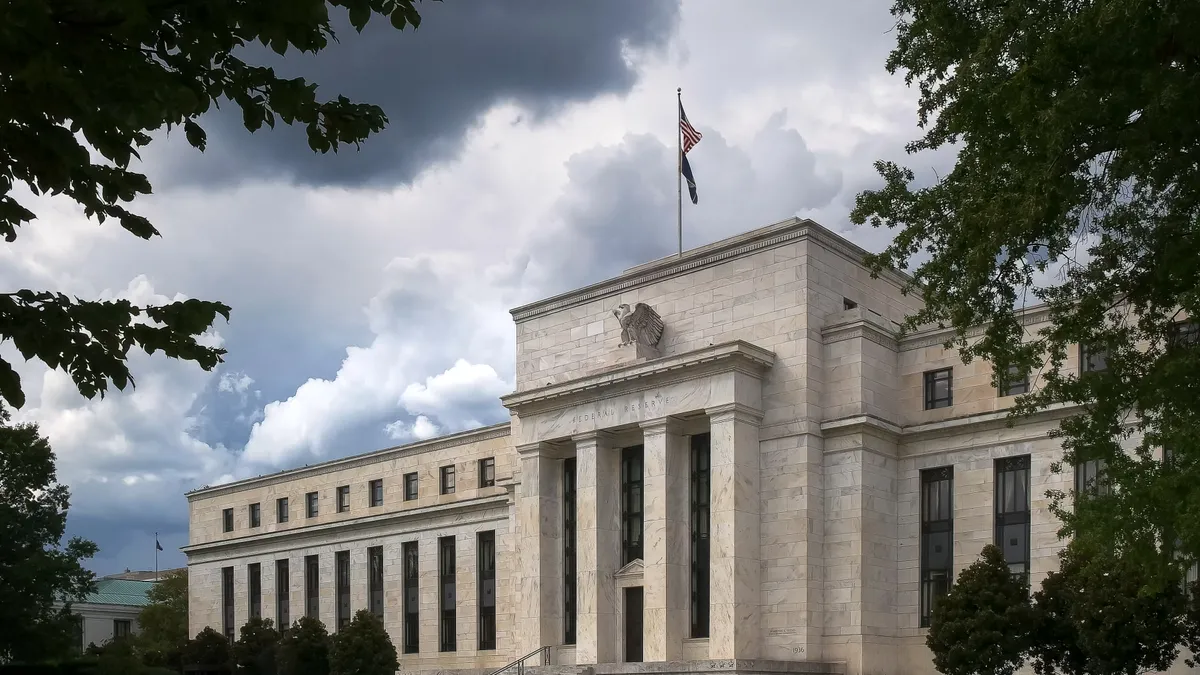The Federal Reserve Board is keeping tabs on Silvergate during the bank’s wind-down, originally initiated March 8.
The central bank announced a consent order Thursday against Silvergate and its parent company Silvergate Capital Corp. to ensure the process happens “in a manner that protects the bank’s depositors and the Deposit Insurance Fund.”
“Silvergate is also prohibited from making capital distribution, dissipating cash assets and engaging in certain other activities without regulatory approval,” the Fed said in its announcement.
The Fed is acting in conjunction with California’s Department of Financial Protection and Innovation, the bank’s state chartering authority and supervisor.
Silvergate announced in March that the “orderly wind down of Bank operations and a voluntary liquidation of the Bank is the best path forward” for the crypto-centric firm, which was in financial turmoil since the collapse of crypto exchange FTX.
That turmoil included a $1 billion loss and $8.1 billion in customer withdrawals in the final quarter of 2022.
As part of Thursday’s order, Silvergate must submit a self-liquidation and wind-down plan to the Fed and DFPI within 10 days, and thereafter won’t be allowed to amend or revoke the plan without the regulators’ express permission.
The self-liquidation plan must inform the Fed and DFPI how Silvergate plans to keep staffing and operational resources up during the wind-down process, and how it plans to monetize and recover its loans, securities and other assets in a way that protects depositors.
Additionally, the plan must showcase how the bank plans to pay creditors and maintain its books.
The Fed and DFPI have ongoing investigations of Silvergate’s relationship with FTX, the consent order said.
To facilitate the order, Silvergate must provide “substantial assistance” to the Fed and DFPI, “to make available for interviews or testimony, as requested by the Board of Governors and DFPI, present or former officers, directors, employees, agents, and consultants of Silvergate.”
Silvergate was the first of several crypto-friendly banks to close this year, followed in short order by Silicon Valley Bank and Signature Bank. Those collapses overshadowed Silvergate because of the banks’ size, and likely because both were seized by the Federal Deposit Insurance Corp., whereas Silvergate voluntarily chose to wind down.
A number of digital-asset firms publicly made the jump from Silvergate to Signature in the lead-up to Silvergate’s collapse, only to then be caught up in Signature’s downfall.
Silvergate investors brought three lawsuits against the bank, accusing it of facilitating investor fraud by FTX. A federal judge combined the lawsuits in April, CoinTelegraph reported.
Silvergate did not return a request for comment.















